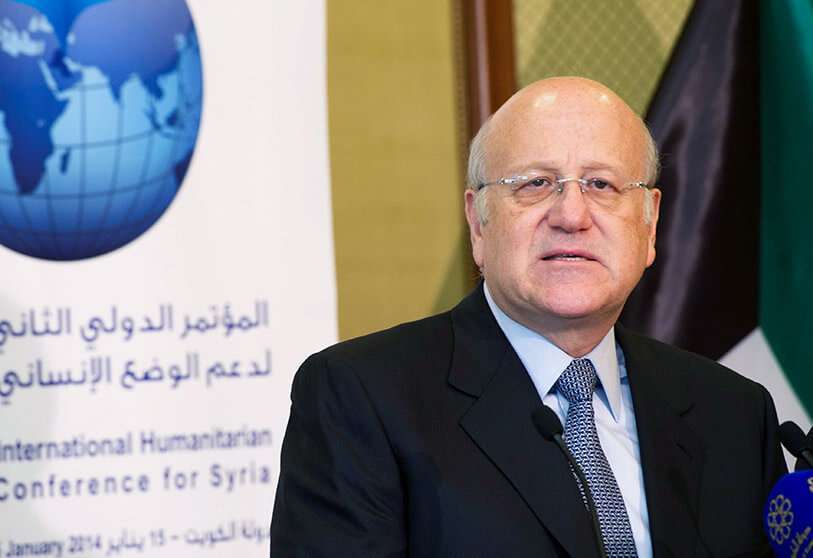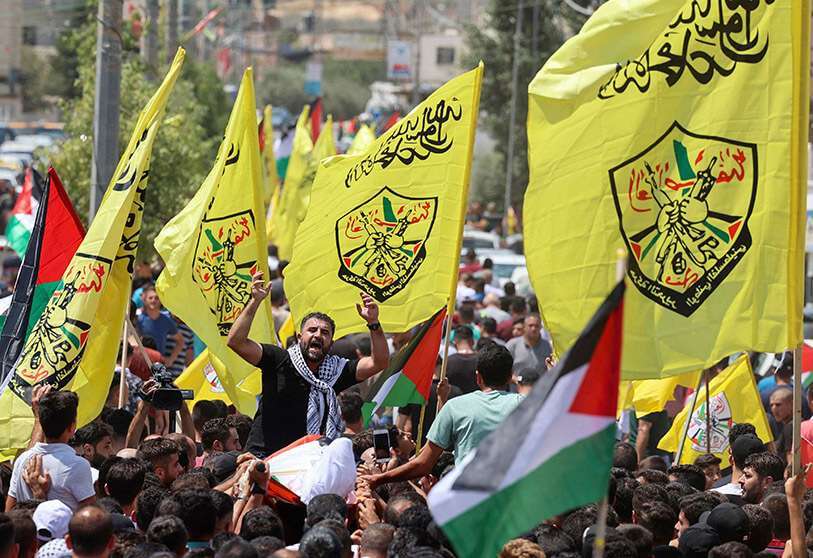Lebanon sets March for parliamentary elections

Lebanon's parliament on Tuesday set the next parliamentary elections for 27 March 2022. The decision, approved by the lower house during its first ordinary session since September, brings the date forward by two months to avoid the elections coinciding with the holy month of Ramadan. The electoral anticipation comes, moreover, in a context of deep economic, political and social crisis. A week after the outbreak of violence in the streets of Beirut.
The last session ended with a vote of confidence in the new prime minister, Najib Mikati. On this occasion, however, new amendments to the electoral law were introduced at Beirut's UNESCO Palace, the makeshift parliamentary headquarters, related to the approval of the participation of the Lebanese diaspora in the elections, the cancellation of a minimum quota of reserved seats for women or the use of large voting centres and magnetic voting cards.
The 128-member House refused to allocate a minimum number of seats for women, one of the main demands of civil society, despite President Michel Aoun's stance. The head of state conveyed his support for quotas to the Lebanese National Commission for Women's Affairs. This thesis was rejected by parliament.

During the session, a vote was taken in favour of allowing Lebanese citizens abroad, who are fed up with the traditional political parties, to vote. The move is controversial because of the possible implications of their participation in Lebanon's deepening sectarian divide. Observers believe the group could destabilise Lebanon's political house of cards, which is based on a partition of power between the country's various religious denominations.
Gebran Bassil, president of the Free Patriotic Movement, of which Aoun is a member, has attacked the elimination of quotas for women and has announced that his party will appeal to the Constitutional Court to overturn the early elections, a competence that Bassil attributes to the presidency and not to the parliament. Although a priori, the new date seems immovable.
The countdown begins for the Executive led by Mikati, Lebanon's wealthiest figure, who will have three months to implement a solid economic recovery plan to get the country back on its feet. A complex task in which he will have the backing of the International Monetary Fund (IMF) and in which he will have to make up for the energy shortages, the economic collapse and the deep social division.

Until the elections are held, Mikati has ruled out resigning. Barring a hecatomb, the businessman will remain at the helm of the cabinet until a new prime minister receives a vote of confidence from parliament and forms a government. This period is likely to be extended in light of the recent institutional deadlock, which has kept Lebanon without a chief of staff for more than a year since the resignation of Hassan Diab following the explosion in the port of Beirut.
The tragic event, which killed 200 people, injured some 7,500 and destroyed a multitude of Beirut neighbourhoods, has not been cleared up a year and a half later. The first judge to begin the investigations, Fadi Sawan, came up against the immovable subservience of the Lebanese state, characterised by a corrupt structure that is rife with malfeasance and impunity. Political pressure led to his dismissal as head of the case in February.
Tarek Bitar replaced the magistrate and moved the investigation forward. This has raised concerns among the Lebanese elite about the possible court ruling, which would entail a series of criminal consequences for several high-ranking government officials linked to the Amal movement, which is close to the Hezbollah Shiite militia. For this reason, the organisations launched a protest in Beirut against the judge, where the altercations that led to the deaths of seven people began.









